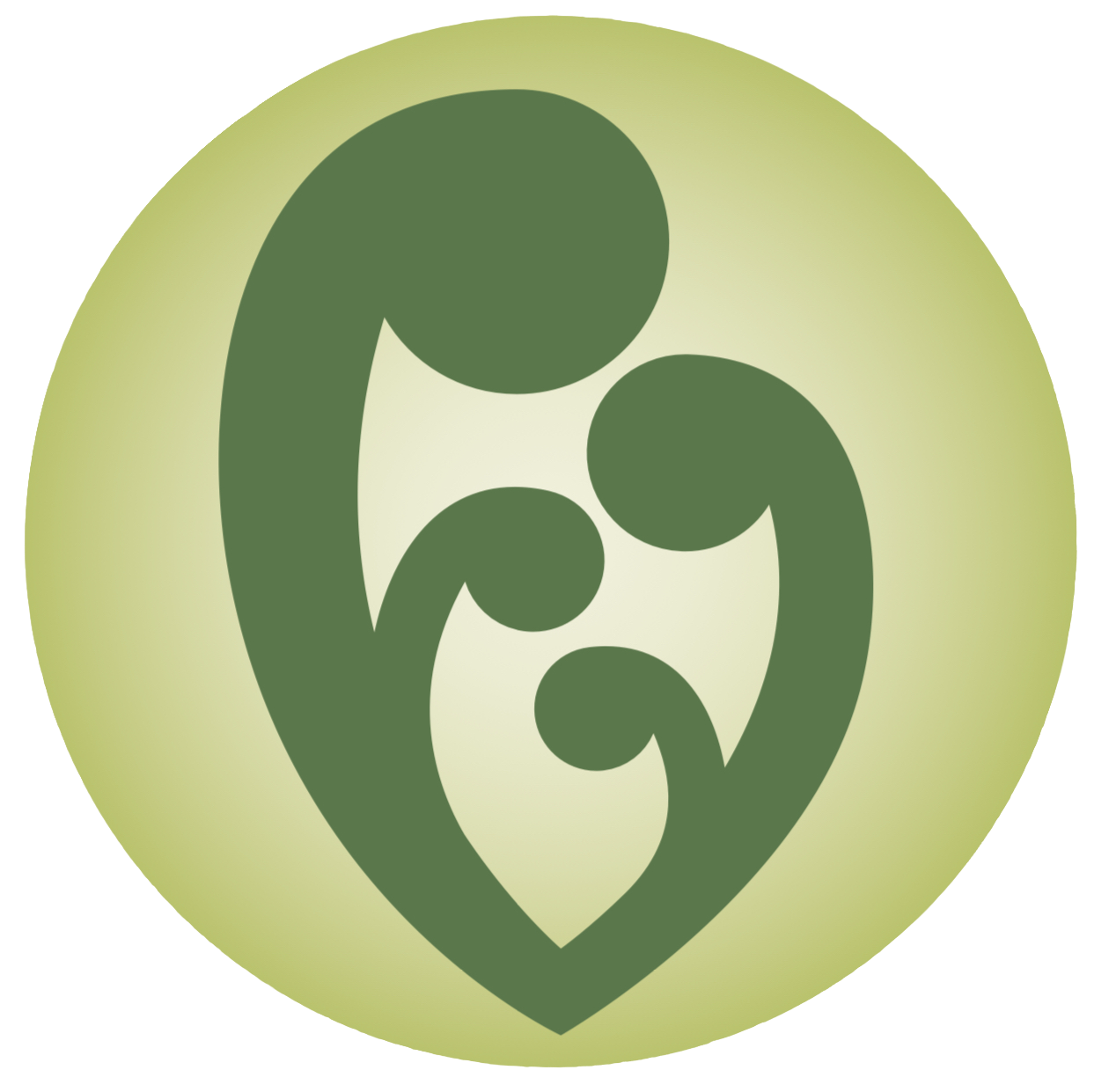FREQUENTLY ASKED QUESTIONS
-
Āwhina Whānau Services offers free counselling for whānau and tangata whai ora (tamariki, rangatahi, and adults). We are committed to making support accessible to everyone.
-
For sessions with tamariki and rangatahi, the typical duration ranges from 30 to 45 minutes. Sessions for whānau and tangata whai ora can extend up to an hour.
-
You can submit an enquiry here and we will contact you with information on available options.
-
If Āwhina Whānau Services is not currently accepting new referrals, you can submit an enquiry. We will do our best to provide advice, support, and information on other services that may meet your needs.
-
We operate in both Heretaunga and Ahuriri. While appointments are required for our Ahuriri location, our Heretaunga tari welcomes walk-ins for enquiries and additional information. For appointments, please refer to our enquiries page. However, feel free to visit our Heretaunga tari for any assistance.
-
For individuals under 16 years of age, parental consent is required for both in-school services and individual counselling sessions. Please note, any information shared during sessions will remain confidential, except in cases where there is a risk of harm to yourself or others.
-
We aim to match you with a counsellor who best meets your needs. However, if you prefer, you may request to see a different therapist or counsellor.
-
Our services uphold strict confidentiality. However, if whānau or tangata whai ora are considered to be at risk or in danger, we are legally required to contact the appropriate agency to ensure their safety.
-
Our services are available exclusively to whānau and tangata whai ora residing within Te Matau-a-Māui.
-
While we prefer to provide services face-to-face (kanohi ki te kanohi), online sessions may be available depending on individual circumstances. This can be discussed at the time of referral.
-
An individual is considered to be in crisis if they are unable to utilize their problem-solving abilities, potentially putting themselves or others at risk. In such situations, please call 111 immediately. If you or your whānau are not in immediate danger, you can contact 1737 for free, where you will be connected with a trained counsellor.
